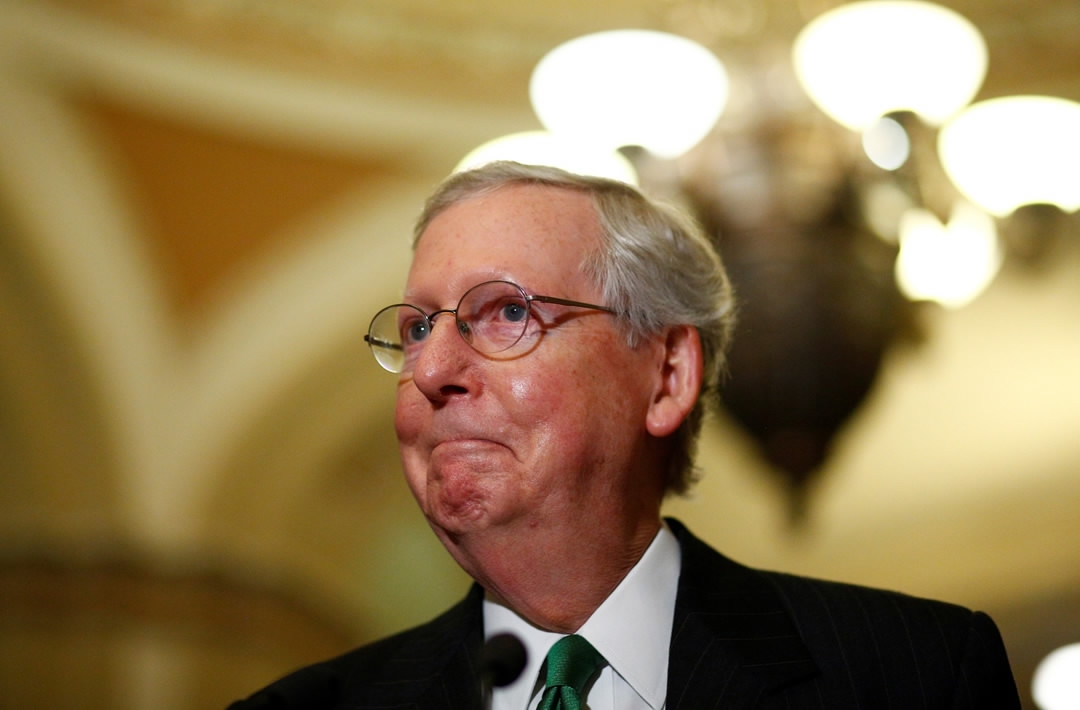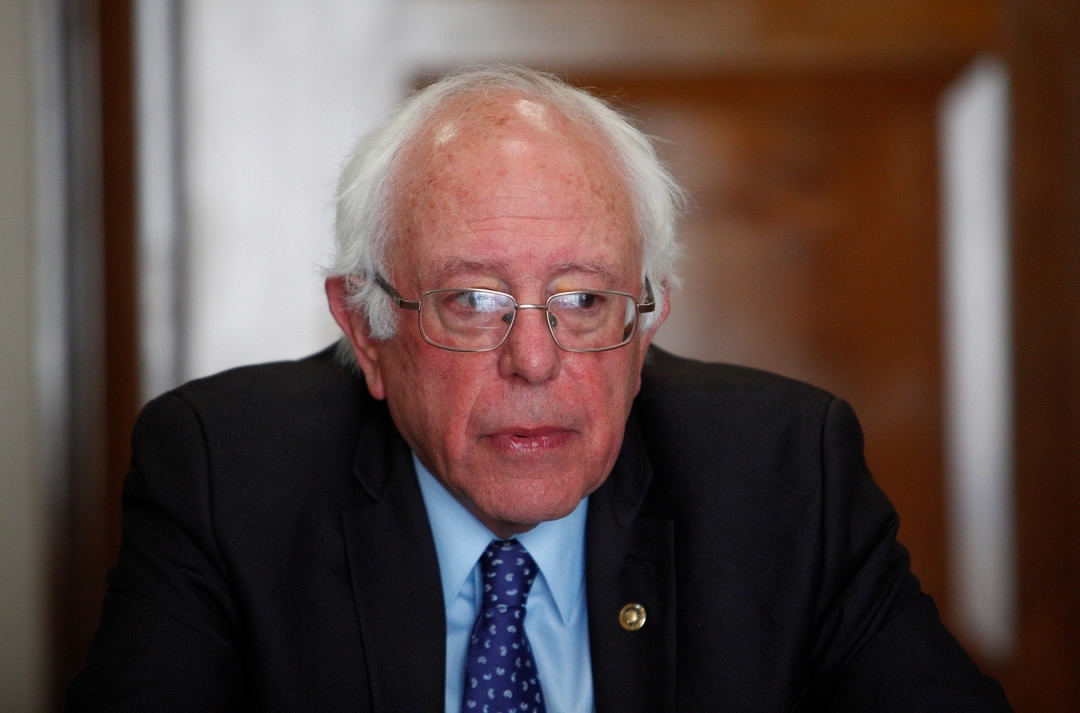
Business
11:04, 20-Oct-2017
US Senate passes budget blueprint key to Trump tax effort
CGTN

US President Donald Trump's drive to overhaul the US tax code cleared a critical hurdle on Thursday when the Senate approved a budget blueprint for the 2018 fiscal year that will pave the way for Republicans to pursue a tax-cut package without Democratic support.
By a 51-to-49 vote, the Republican-controlled Senate approved the budget measure, which would add up to 1.5 trillion US dollars to the federal deficit over the next decade in order to pay for proposed tax cuts.
“Now with this budget, we're on a path to deliver much-needed relief to American individuals and families who have borne the burden of an unfair tax code,” Senate Majority Leader Mitch McConnell said after it passed.

Senate Majority Leader Mitch McConnell speaks to reporters following a policy luncheon on Capitol Hill in Washington, US on October 17, 2017. /VCG Photo
Senate Majority Leader Mitch McConnell speaks to reporters following a policy luncheon on Capitol Hill in Washington, US on October 17, 2017. /VCG Photo
But Democrats are likely to oppose the Trump administration's tax plan, which promises to deliver up to six trillion US dollars in tax cuts to businesses and individuals.
“This is not a bad budget bill, it is a horrific budget bill,” Senator Bernie Sanders, an independent who ran for the 2016 Democratic presidential nomination, said before the vote.
“At a time of massive income inequality, this budget provides 1.9 trillion US dollars in tax breaks for the top 1 percent.”

US Sen. Bernie Sanders is interviewed by reporters at his office on Capitol Hill in Washington, US on October 17, 2017. /VCG Photo
US Sen. Bernie Sanders is interviewed by reporters at his office on Capitol Hill in Washington, US on October 17, 2017. /VCG Photo
The resolution has to be reconciled with a markedly different version passed by the House of Representatives, where Republicans say negotiations on a unified measure could take up to two weeks.
The House budget resolution calls for a revenue-neutral tax bill and would combine tax cuts in the same legislation as 203 billion US dollars in spending cuts to mandatory programs including food assistance for the poor.
The Senate version instructs the Energy and Natural Resources Committee to save at least 1 billion US dollars over the next decade.
The Senate measure contains a legislative tool called reconciliation, which would enable Republicans, who control the 100-seat Senate by a 52-48 margin, to move tax legislation through the Senate on a simple majority vote. Otherwise, tax reform would need 60 votes and would likely fail.
11160km
Source(s): Reuters

SITEMAP
Copyright © 2018 CGTN. Beijing ICP prepared NO.16065310-3
Copyright © 2018 CGTN. Beijing ICP prepared NO.16065310-3